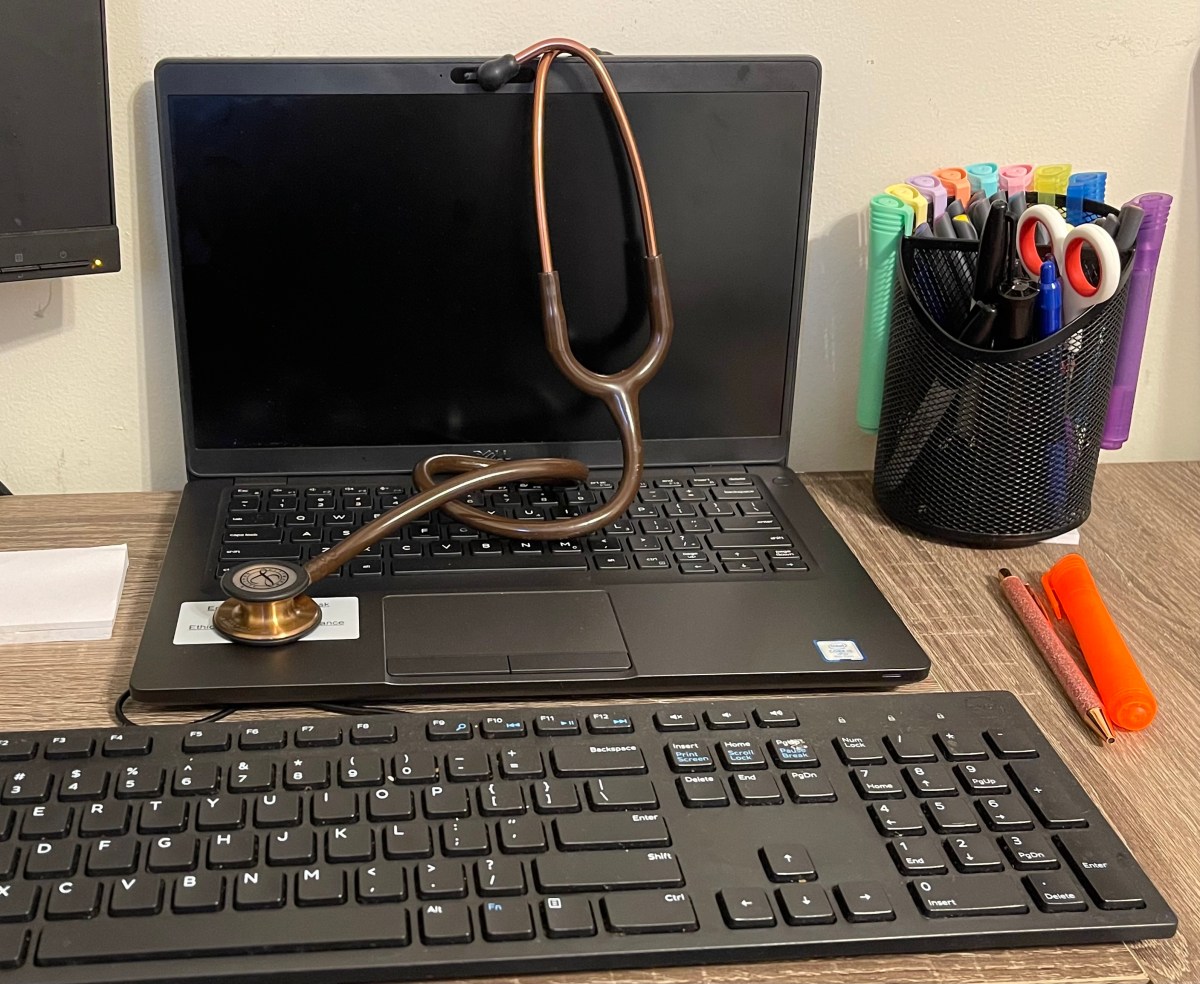Surviving your first year
When I was a new grad, I remember feeling like a straight up idiot. I felt like I forgot everything I learned in nursing school. I would follow my preceptor around like a lost puppy and dread being left alone in a room with a patient, even for a moment.
I’m quiet by nature, so building rapport with patients felt like a task. I hated when patients would ask me questions because I felt like I didn’t know enough, and I second guessed everything I thought I knew.
If you’re a new grad and can relate even just a little, I’m here to tell you that it does get better…. much better.
Soon you’ll be walking round your unit with your head high like you own the place. You’ll answer questions like a pro (because you’ll be one) and building rapport will become second nature.
Self-doubt and nervousness in the beginning are completely normal. It means you’re doing something right Even seasoned nurses find themselves in situations where they are unsure of what to do.
To help make the transition from novice to experienced nurse a little easier, I’m going to share some tips that helped me as a new grad.
Don’t be shy about it either!
No one wants to look dumb at work, especially nurses. However, let me tell you, it’s better to ask a question than deal with the consequences of screwing something up. In our field, even small mistakes can cost someone their life.
You’ll find that nurses ask each other questions all the time, even questions that they “should” know the answer to. I sometimes ask a question I know the answer to just so I can make sure another nurse has the same answer as I do. I know that sounds crazy but working 12 hours and managing multiple patients at a time can make you a little crazy.
- Tip 2: Cluster care, when possible.
As a new grad, time management was one of the biggest hurdles I had to overcome. The first few hours of your shift are often the busiest, and without proper time management you can be stuck playing catchup for hours.
Clustering care is especially helpful when you have multiple patients on contact precautions (such as COVID-19 patients) and working on night shift.
The purpose of clustering care is to decrease the number of trips into a patient’s room by completing several tasks at one time.
An example of clustering care would include administering medications, completing an assessment/reassessment, performing wound care, emptying drains, turning/repositioning and addressing toileting needs all in one trip to the patient’s room. Keep in mind clustering care is not always possible, and patient needs must be addressed no matter when you last entered the room!
- Tip 3: Keep report short and sweet!
I hated giving report as a new grad. Even with my SBAR sheet in hand I stumbled over my words and it took forever. Giving thorough and concise report comes with time as you become more comfortable in your role as a nurse.
What helped to speed this process along for me was making my own SBAR sheet. I started by making my SBAR sheet much shorter than those provided on the unit. I also arranged the sheet in a way that made sense to me and flowed well.
Another tip that helped me was sticking to the most important information. I should not take you 30 minutes to give report on one patient. Each nurse does their own assessment, so some things are not important to give in report.
For example, the on-coming nurse doesn’t need to know that the patient prefers grape popsicles over cherry. They would however, need to know of any changes in patient condition that occurred on your shift.
Another way to speed up report is to refrain from starting your assessment in the middle of report and, requesting that the other nurse does the same.
- Tip 4: Utilize the rapid response team!
At some point in your nursing career you’re going to need the rapid response team. The rapid response team is just as it sounds. It’s a team of nurses, doctors/NPs, and other clinicians who respond rapidly to declining patient statuses that don’t require a code blue.
The purpose of the RRT is to address the early warning signs of deterioration to prevent cardiac arrest. The duration of a rapid response situation is typically resolved quickly with the patient returning to baseline or being transferred to a higher acuity unit.
You’ll use your clinical judgement, along with the signs and symptoms your patient is displaying to decide whether you need to call the doctor, call a code, or call the RRT.
But what if you don’t know what to do?
Of course, you can refer to a senior nurse on the unit, but if your patient is declining and you’re unsure of what to do, the rapid response team is the way to go.
*Patient’s friends and family can call the rapid response team as well if they feel that its needed!
- Tip 5: Chart your assessments ASAP!
This may be the most important tip I can give a new grad. When I first started out, I would stay late after every shift catching up on charting. Staying late to chart is extremely annoying (trust me) and will eventually lead to incremental overtime, which most employers frown upon.
Not only that, but you also want your charting to be as close to real time as possible in case your patient begins to deteriorate. The last thing you want during a rapid response or a code is to have large gaps in your charting.
Its not always possible to have your charts up to date, but you at least want your initial assessment charted within the first hour of your shift. Yes, you can have your assessments written on paper, so that you can remember details and chart later. However, in nursing if you did not chart it, then you did not do it, so you want your charts to be as up to date as possible.
Nursing can be scary and often overwhelming, but I hope these tips help to make things a little easier!
As always, sign up for emails so you never miss a post!










